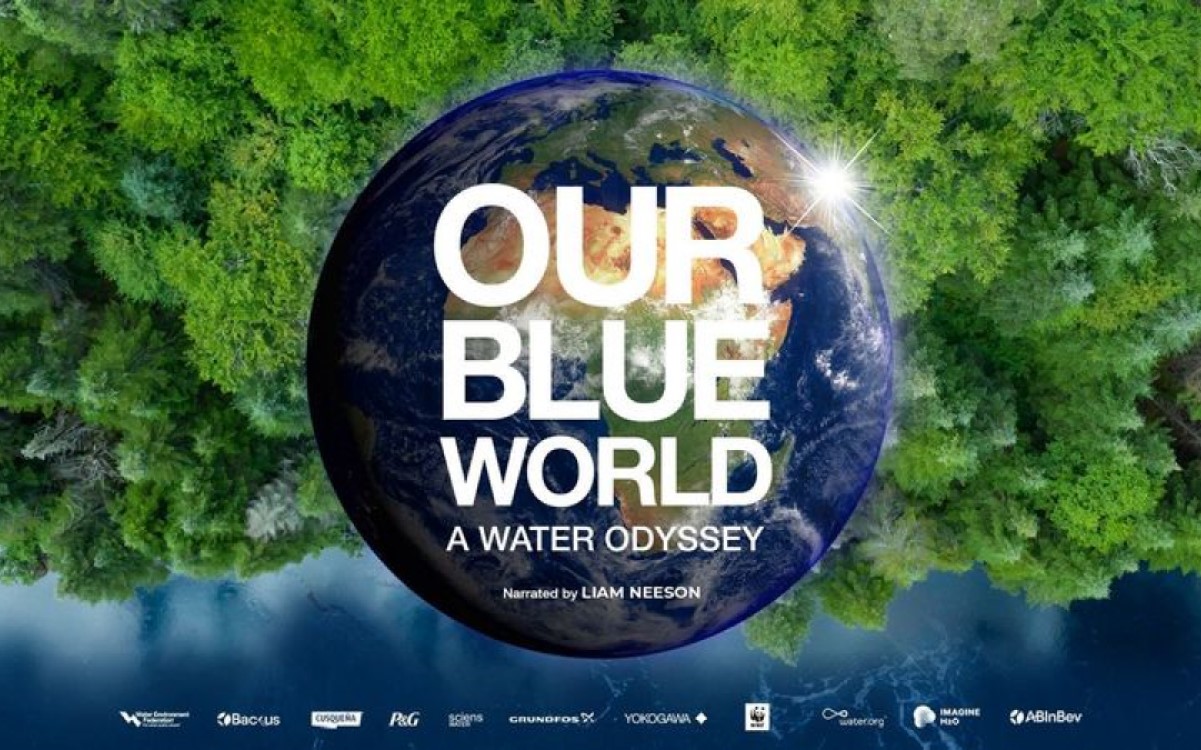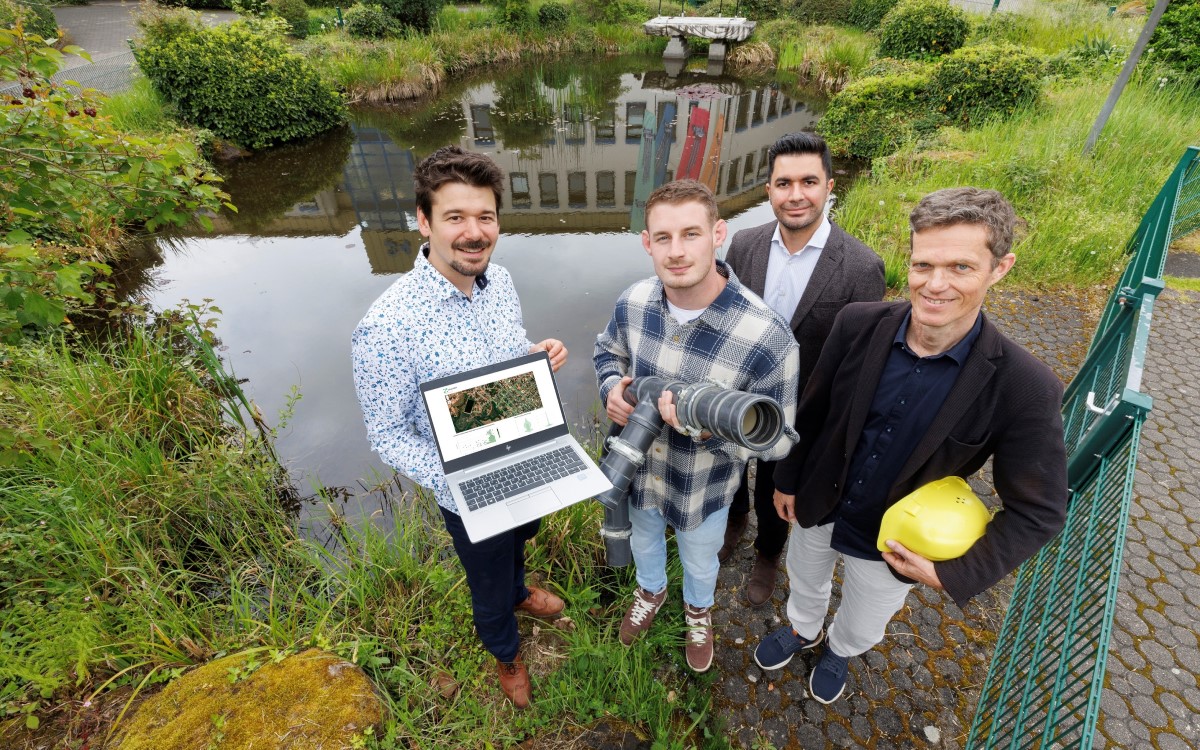17. January 2024 ǀ Drinking water scarcity is a global issue, including in Sweden, where it’s also used for crop irrigation and various industrial operations. This practice is neither sustainable nor efficient. Hence, MDU has launched an innovative research project aimed at developing efficient techniques to convert industrial process water and wastewater into a valuable asset for food production.
The Unity4Water research project, a collaborative effort involving Mälardalen University (MDU), Research Institutes of Sweden (RISE), and around 30 industry and food production partners, is focused on rethinking water usage.
Project overview and funding
The project has received just over SEK 14 million in funding from Vinnova’s strategic innovation programme for Process industrial IT and Automation (PiiA), with a total budget of SEK 31 million, and additional contributions from the participating business partners.
Monica Odlare, Professor of Environmental Engineering at MDU and Coordinator for the Unity4Water project, emphasizes the need for a new approach to water usage.
She says, “In our fast-paced and changing world, where climate changes and a growing population poses serious challenges, we must rethink how we use water, energy and produce food.” Malin Rosqvist, Programme Manager for the strategic innovation programme PiiA, also highlights the significant role of the industry in this project. She notes, “Water and access to water is an increasingly important issue for the process industry, which consumes large quantities of water, both in Sweden and abroad. This also includes purification of the water used, both for the industry’s part and for the symbiosis with society that the companies are part of through the water and sewage systems.”
Technological approach and international collaboration
The Unity4Water project merges cutting-edge technology with social sciences. A research and demonstration plant will be established where recycled industrial process water and wastewater will be utilized to grow vegetables. This method conserves water and recycles nutrients, thereby reducing the need for chemical fertilizers. Advanced technologies such as optical sensors, electronic noses, dynamic light, carbon capture technology, AI, and machine learning will be employed to monitor the water and optimize crop growth. Additionally, mini-drones equipped with multispectral cameras are planned to be used to assess plant health.
Monica Odlare explains, “This technology-conscious practice ensures that the crops get exactly what they need, which reduces waste and maximises efficiency. Also, we would like visitors to see with their own eyes how processed water and wastewater are transformed into a valuable resource for growing food.”
Unity4Water is an interdisciplinary project that brings together 29 partners. Researchers from MDU, RISE, Mittuniversitetet (Mid Sweden University), Lund University, Biotech Heights, and Chalmers Industriteknik have teamed up with representatives from various companies and industries. Plans are also underway to expand the project internationally, starting with a pilot project in Wichita Falls, Texas.
Monica Odlare concludes, “The Unity4Water project is an important step towards a more sustainable and resource-efficient future. As a result, it not only concerns research but is also about community involvement, education and an opportunity to contribute to a paradigm shift in how we view and use our water.”







